Memorial Day quotes from Diana Gabaldon's books
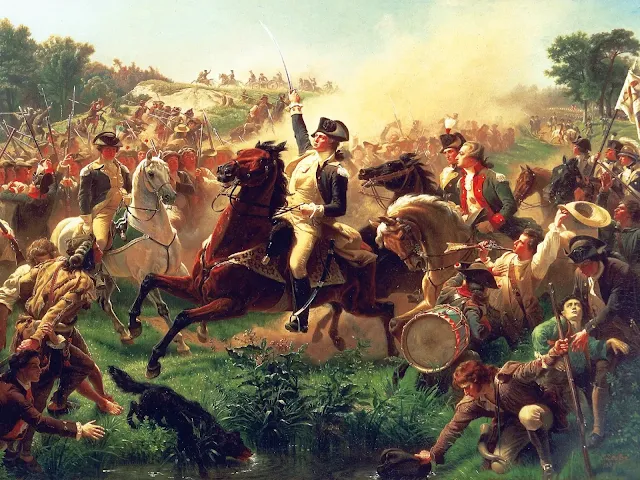
As we observe Memorial Day today in the US, here's an updated version of my collection of quotes from Diana Gabaldon's books honoring those who fell in battle.
*** SPOILER WARNING! ***
If you haven't read all of the OUTLANDER books, including GO TELL THE BEES THAT I AM GONE, you will encounter spoilers below! Read at your own risk.
1) The first is from DRAGONFLY IN AMBER, after the battle of Prestonpans:
I found them at length some distance up the hill behind the church. Jamie was sitting on a rock, the form of Alexander Kincaid cradled in his arms, curly head resting on his shoulder, the long, hairy legs trailing limp to one side. Both were still as the rock on which they sat. Still as death, though only one was dead.
I touched the white, slack hand, to be sure, and rested my hand on the thick brown hair, feeling still so incongruously alive. A man should not die a virgin, but this one did.
"He's gone, Jamie," I whispered.
(From DRAGONFLY IN AMBER by Diana Gabaldon, chapter 36, "Prestonpans". Copyright © 1992 by Diana Gabaldon. All rights reserved.)

2) The next quote is also from DRAGONFLY, from the scene in the beginning where Roger and Brianna visit the battlefield at Culloden:
"Heather," Roger said. "It's more common in the summer, when the heather is blooming--then you'll see heaps like that in front of every clan stone. Purple, and here and there a branch of the white heather--the white is for luck, and for kingship; it was Charlie's emblem, that and the white rose."
"Who leaves them?" Brianna squatted on her heels next to the path, touching the twigs with a gentle finger.
"Visitors." Roger squatted next to her. He traced the faded letters on the stone--FRASER. "People descended from the families of the men who were killed here. Or just those who like to remember them."
(From DRAGONFLY IN AMBER by Diana Gabaldon, chapter 4, "Culloden". Copyright © 1992 by Diana Gabaldon. All rights reserved.)
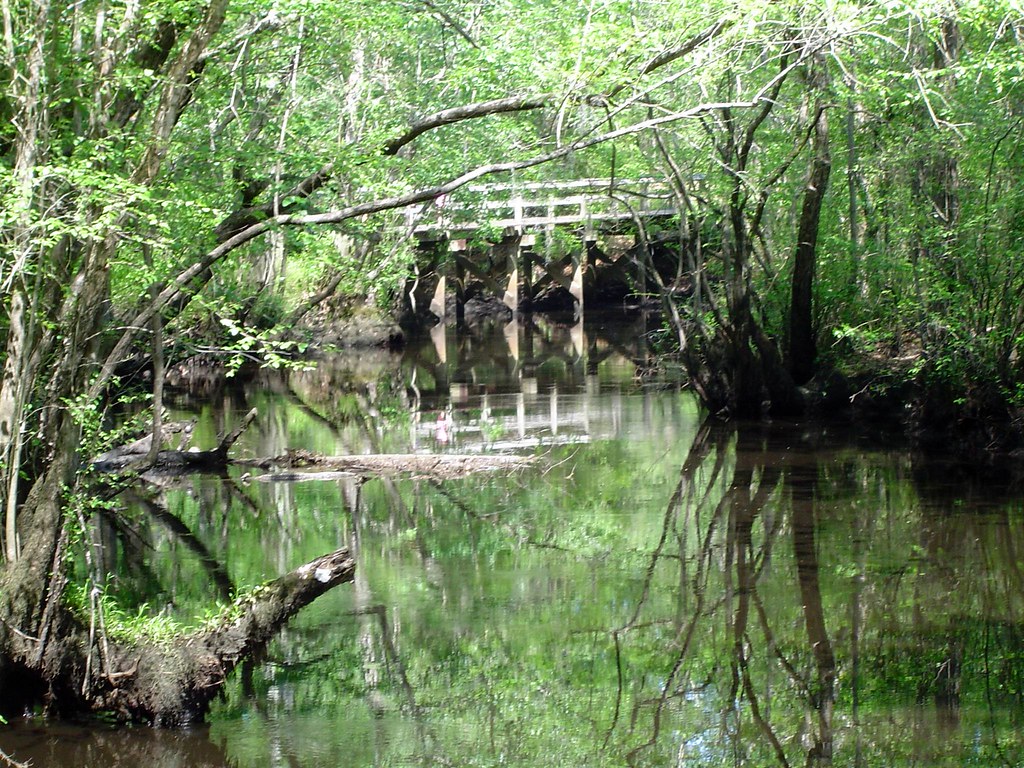
3) Here is a bit from the battle of Moores Creek Bridge, in ABOSAA, a reminder that men do terrible things in battle. I can't even imagine what Jamie felt like, killing a man he once considered his friend.
Major Donald MacDonald floundered, rising halfway in the water. His wig was gone and his head showed bare and wounded, blood running from his scalp down over his face. His teeth were bared, clenched in agony or ferocity, there was no telling which. Another shot struck him and he fell with a splash--but rose again, slow, slow, and then pitched forward into water too deep to stand, but rose yet again, splashing frantically, spraying blood from his shattered mouth in the effort to breathe.
Let it be you, then, lad, said the dispassionate voice. He raised his rifle and shot MacDonald cleanly through the throat. He fell backward and sank at once.
(From A BREATH OF SNOW AND ASHES by Diana Gabaldon, chapter 113, "The Ghosts of Culloden". Copyright © 2005 by Diana Gabaldon. All rights reserved.)
4) And this is from Lord John's visit in "Haunted Soldier" with the parents of a lieutenant killed at the Battle of Crefeld. Regardless of the circumstances, there's no easy way to deliver news like that:
"I saw your son for the first time only moments before his death," he said, as gently as he could. "There was no time for talk. But I can assure you, sir, that he died instantly--and he died bravely, as a soldier of the king. You--and your wife, of course--may be justly proud of him."
(From LORD JOHN AND THE HAND OF DEVILS by Diana Gabaldon, Lord John and the Haunted Soldier, Part I, "Inquisition". Copyright © 2007 by Diana Gabaldon. All rights reserved.)
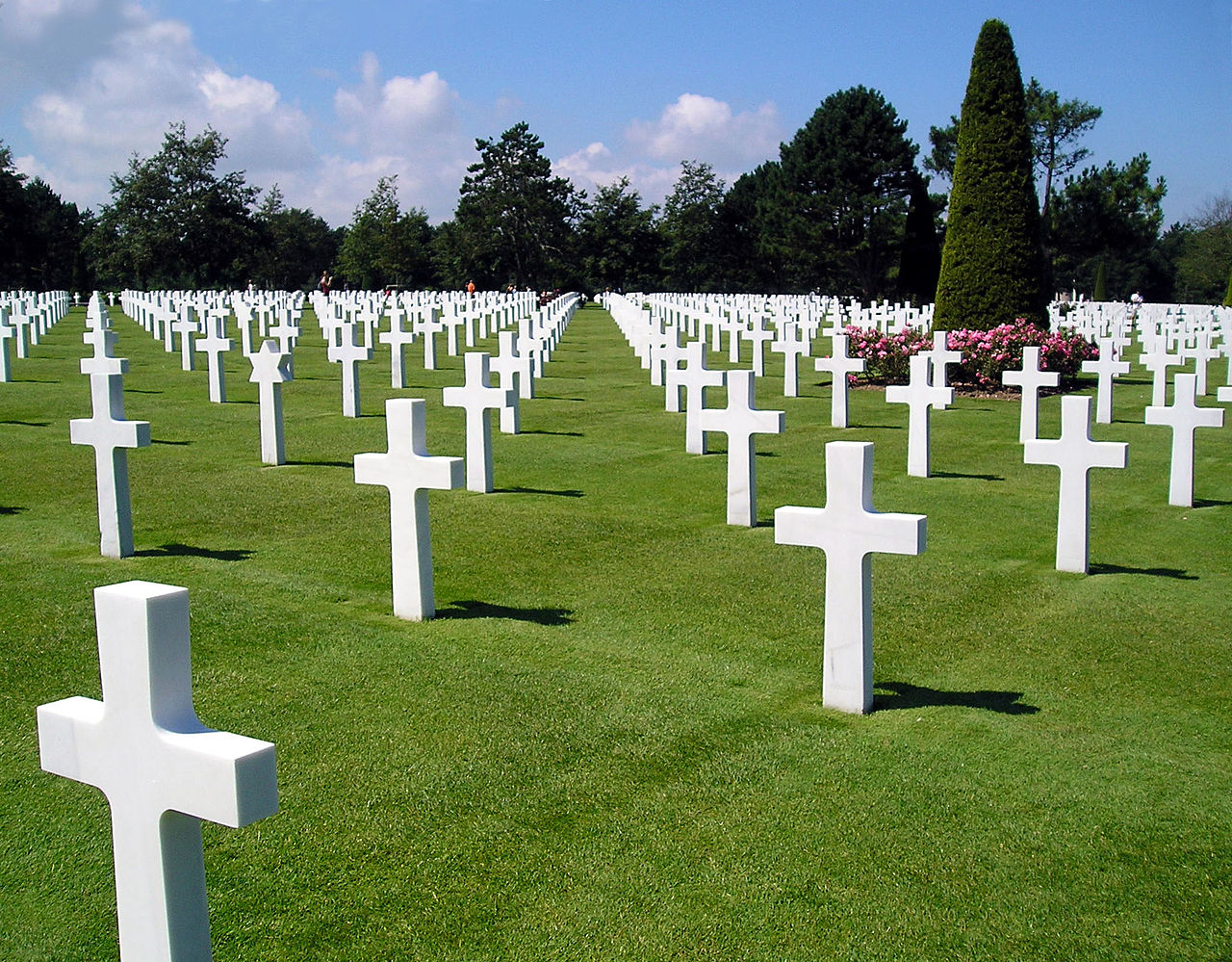
5) The next quote comes from WRITTEN IN MY OWN HEART'S BLOOD. Just before the Battle of Monmouth, Claire is thinking about the soldiers who died on D-Day.
I spared a thought for the graves of Normandy and wondered whether those rows upon rows of faceless dead were meant to impose a sort of postmortem tidiness on the costs of war--or whether it was meant rather to underline them, a solemn accounting carried out in endless rows of naughts and crosses.
(From WRITTEN IN MY OWN HEART'S BLOOD by Diana Gabaldon, chapter 74, "The Sort of Thing That Will Make a Man Sweat and Tremble". Copyright © 2014 by Diana Gabaldon. All rights reserved.)
6) Lord John, remembering his friend and first lover, Hector, who died at Culloden:
“He made me go and look at the body--Hal did, my brother,” Grey blurted. He looked down at his hand, where the deep blue of Hector’s sapphire burned against his skin, a smaller version of the one Fraser had reluctantly given him.
“He said that I must; that unless I saw him dead, I should never really believe it. That unless I knew Hector--my friend--was really gone, I would grieve forever. If I saw, and knew, I would grieve, but then I should heal--and forget.” He looked up, with a painful attempt at a smile. “Hal is generally right, but not always.”
Perhaps he had healed, but he would never forget. Certainly he would not forget his last sight of Hector, lying wax-faced and still in the early morning light, long dark lashes resting delicately on his cheeks as they did when he slept. And the gaping wound that had half-severed his head from his body, leaving the windpipe and large vessels of the neck exposed in butchery.
(From VOYAGER by Diana Gabaldon, chapter 11, "The Torremolinos Gambit". Copyright © 1994 by Diana Gabaldon. All rights reserved.)
7) This quote comes from AN ECHO IN THE BONE, from William's first taste of combat. This is one of our first glimpses of William's character, and I like the fact that he goes out of his way to treat this dead enemy soldier with dignity.
To his left, though, he caught sight of the American who had tried to shoot him, still lying in the wet grass. With a wary glance at the house, he crawled to the man, who was lying on his face, unmoving. He wanted to see the man’s face, for what reason he couldn’t have said. He rose on his knees and took the man by both shoulders, pulling him over.
The man was clearly dead, shot through the head. Mouth and eyes sagged half open and his body felt strange, heavy and flopping. [....] Gently laying the man back in the grass, he rose and went to fetch his sword. His knees felt peculiar.
Halfway to the spot where his sword lay, he stopped, turned round, and came back. Kneeling down, cold-fingered and hollow-bellied, he closed the man’s dead eyes against the rain.
(From AN ECHO IN THE BONE by Diana Gabaldon, chapter 6, "Long Island". Copyright © 2009 by Diana Gabaldon. All rights reserved.)
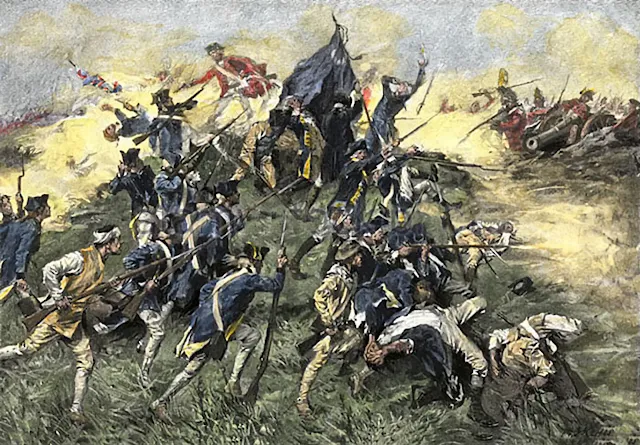
8) Roger's experience as a battlefield chaplain at the Battle of Savannah gave us all a vivid, brutal reminder of the horrors of war:
“Help, help me!”
He saw the man then, on hands and knees, dragging one leg, and he splashed through the puddles to reach him. Not much blood, but the leg was clearly wounded; he got a shoulder under the man’s arm and got him on his feet, hustled him as fast as possible away from the redoubt, out of range…
The air shattered again and the earth seemed to tilt under him; he was lying on the ground with the man he’d been helping on top of him, the man’s jaw knocked away and hot blood and chunks of teeth soaking into his chest. Panicked, he struggled out from under the twitching body—Oh, God, oh, God, he was still alive—and then he was kneeling by the man, slipping in the mud, catching himself with a hand on the chest where he could feel the heart beating in time with the blood spurting, Oh, Jesus, help me!
He groped for words, frantic. It was all gone. All the comforting words he’d gleaned, all his stock-in-trade…
“You’re not alone,” he panted, pressing hard on the heaving chest, as though he could anchor the man to the earth he was dissolving into. “I’m here. I won’t leave you. It’s gonna be all right. You’re gonna be all right.” He kept repeating that, kept his hands pressing hard, and then, in the midst of the spouting carnage, felt the life leave the body. Just ... gone.
(From GO TELL THE BEES THAT I AM GONE by Diana Gabaldon, chapter 92, "Like Water Spilled on the Ground, Which Cannot Be Gathered Up Again". Copyright © 2021 by Diana Gabaldon. All rights reserved.)
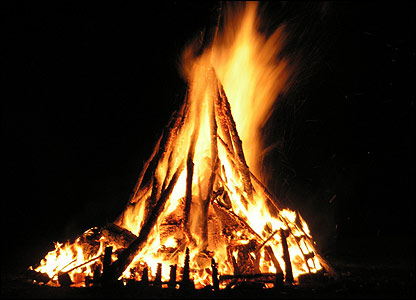
9) And finally, here's a quote from THE FIERY CROSS that seems especially appropriate for Memorial Day:
"Many of us died in battle," he said, his voice scarcely audible above the rustle of the fire. "Many died of burning. Many of us starved. Many died at sea, many died of wounds and illness." He paused. "Many died of sorrow."
His eyes looked beyond the firelit circle for a moment, and I thought perhaps he was searching for the face of Abel MacLennan. He lifted his cup then, and held it high in salute for a moment.
"Slàinte!" murmured a dozen voices, rising like the wind. "Slàinte!" he echoed them--then tipped the cup, so that a little of the brandy fell into the flames, where it hissed and burned blue for an instant's time.
He lowered the cup, and paused for a moment, head bent. He lifted his head then, and raised the cup toward Archie Hayes, who stood across the fire from him, round face unreadable, fire sparking from his silver gorget and his father’s brooch.
"While we mourn the loss of those who died, we must also pay tribute to you who fought and suffered with equal valor--and survived."
(From THE FIERY CROSS by Diana Gabaldon, chapter 15, "The Flames of Declaration". Copyright © 2001 by Diana Gabaldon. All rights reserved.)





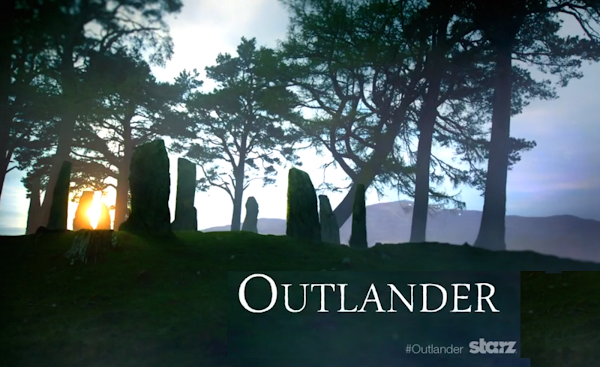

Comments